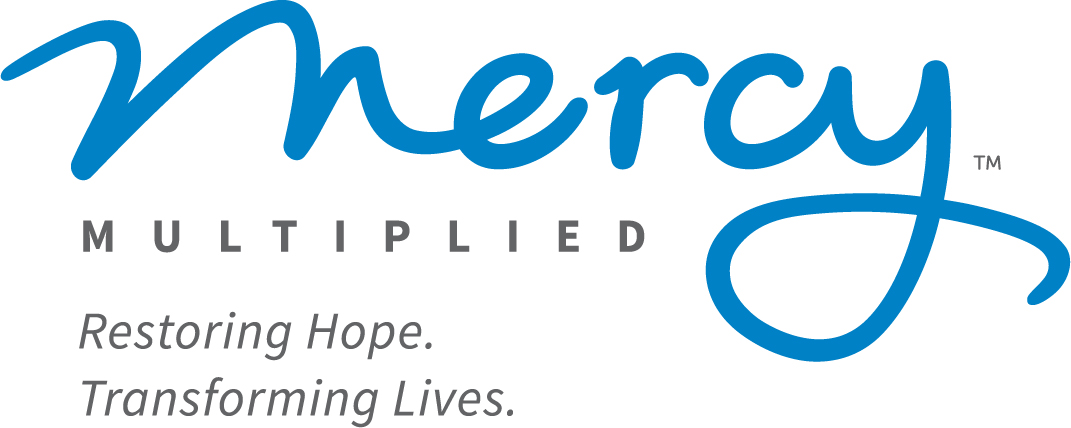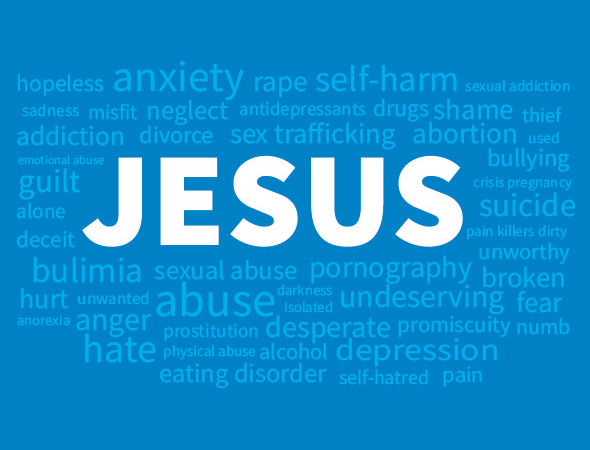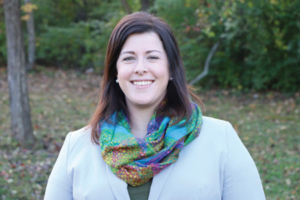Three Decades of Cultural Shifts No Match for Mercy
March 14, 2018
With over a decade of experience in the mental health and addiction fields and now serving as Mercy Multiplied’s Executive Director of Counseling Services, Dr. Brooke Keels sees a profound distinction to Mercy’s approach in an eroding culture of escalating abuse rates and complex trauma. Below, read Dr. Keel’s staggering findings, including stunning statistics and abuse ramifications, in this special “Counselor’s Corner” article first published in Mercy’s 2018 Multiply! Magazine.
Reflecting on the 35 years of Mercy Multiplied, I found myself contemplating how a residential program can stay relevant for so long. Being a professional in the mental health and addiction field for the last decade, I see firsthand the tendency for clinicians to focus only on behavioral shifts instead of heart transformation. I have been connected to Mercy since I was a child and have known the story of how Mercy began for many years; though, looking at it through the lens of a clinical perspective, I see an even deeper level of relevance that Mercy Multiplied offers for the severity of issues that occur today.
Nancy Alcorn stepped out in faith in 1983 to open the first Mercy home in Monroe, Louisiana. She spent the first eight years of her career working at a Tennessee correctional facility for women and as a social worker for Child Protective Services. She saw time and time again that what the government offered to broken young women did not affect lasting change. She knew that the only way that these women could truly find healing was for them to have a genuine encounter with God. Nancy has never deviated from this truth; However, over the years, there has been a significant shift that Nancy could never have fully foreseen in 1983…the exponential increase and severity of life-controlling issues young women have come to face.
ESCALATING ABUSE RATES ERODE THE LANDSCAPE
 Since 1980, skyrocketing abuse rates in the United States have significantly changed the landscape of the issues Mercy Multiplied addresses. And the implications are staggering:
Since 1980, skyrocketing abuse rates in the United States have significantly changed the landscape of the issues Mercy Multiplied addresses. And the implications are staggering:
- 1:3 girls and 1:6 boys in the U.S. will be molested before the age of 18. (facesofchildabuse.org)
- 2 million U.S. children are involved in reported child abuse, with 3.4 million receiving prevention and post-response services. (Children’s Bureau of DHHS, 2015)
- 79% of child abuse committed in the U.S. is by the child’s parents. (Children’s Bureau of DHHS, 2015)
- 26% of U.S. children will witness or experience a potentially traumatic event before they are 4 years old. (Briggs-Gowan et al., 2010)
- 51–71% of U.S. youth are exposed to potentially traumatic events. (Copeland et al. 2007; Fairbank 2008; Finkelhor et al. 2005; Kessler et al. 1995)
When Nancy followed God’s call and welcomed the first of thousands of Mercy residents, she never imagined the magnitude of issues that would develop culturally over three decades. She could not have predicted the use of antidepressants would increase by 400% from 1988 to 1994, and then double from 1996 to 2005 (1). In fact, by 2008, antidepressants were the most commonly prescribed medications in America, with the percentage of children diagnosed with depression almost equal to the number of adults diagnosed with depression (2). There was no way to know that the United States would consume 80% of the world’s painkillers, leading to 28,000 opiate-related overdoses in 2014 (3; 4). The number of those attending local rehab has also increased.
EPIDEMIC IMPLICATIONS
In 2014, the American Academy of Pediatrics recommended screening for depression for those ages 11-21, in part because over three million U.S. adolescents aged 12-17 had at least one major depressive episode in the previous year (5; 6). With the commonality of depression rampant in our society, self-harm has followed suit, now projected to affect more than 23 percent of adolescents in the United States (7). Similarly, our nation is trying to digest the epidemic effects of pornography and sex trafficking. There are more than 40 million regular users of pornography in the U.S. alone, and every 39 minutes a new pornography video is created (8). The Department of Justice and the National Center of Missing and Exploited Children are pointing to the increased accessibility and use of pornography as a significant contributor to sex trafficking (9). Of the 20 to 30 million people in trafficking, 80% of those are involved in the sex trade, and 80% of those are ages 12 and under (10).
Given this trending data, it is understandable that a large percentage of current Mercy applicants suffer from complex trauma. Specifically, complex trauma is described as, “the experience of multiple, chronic and prolonged, developmentally adverse traumatic events, most often of an interpersonal nature (e.g. sexual or physical abuse, war, community violence) and early-life onset” (11; 12). Over the last decade, complex trauma research has shown that children and adolescents are not only going through one traumatic event, they are experiencing multiple events, and the impact is having long-term effects, even to the point of shortening one’s life-span by two decades in some cases (13; 14; 15).
REMAINING RELEVANT
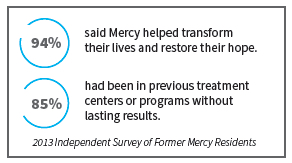
With the increase of abuse and complex trauma, Mercy has offered longer stays, depending on the resident’s needs. We have increased our counselor and staff training and education and now provide additional training for residents’ families. And we consistently adjust our intake process to more thoroughly assess a resident’s suitability for the program.
JESUS: THE UNCHANGING ANSWER
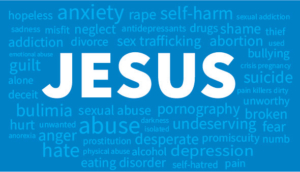 But just as Mercy has shifted to remain relevant in this ever-changing landscape, Mercy’s message hasn’t changed: Jesus Christ is the answer. By His unconditional love, forgiveness, and life-transforming power, He is the only one that can heal the deep wounds. Nancy knew this in 1983, and based on Mercy’s 94% success rate, thousands of Mercy graduates have come to know it, too.
But just as Mercy has shifted to remain relevant in this ever-changing landscape, Mercy’s message hasn’t changed: Jesus Christ is the answer. By His unconditional love, forgiveness, and life-transforming power, He is the only one that can heal the deep wounds. Nancy knew this in 1983, and based on Mercy’s 94% success rate, thousands of Mercy graduates have come to know it, too.
In her book Echoes of Mercy, Nancy describes how the very first Mercy residents, were taught “…about the ways of God and how to apply His Word in their lives to help them grow spiritually.” They learned “a whole new way of life and how to continue to live as Christians once they left the home.” Not just Christians by title, but Christians who are healed and free followers of Christ.
Mercy will always do this. Mercy will always provide a safe, structured, therapeutic environment where young women can pursue a relationship with the Lord and allow Him to heal them. Mercy will always point hurting young women to the Lord and the future He has for them. Mercy will always equip young women to take control of their lives by submitting to the One who will provide healing, wholeness, and lasting freedom.
For more information on Mercy Multiplied’s residential program, visit MercyMultiplied.com/Residential-Program.
Citations referenced in this article can be found at MercyMultiplied.com/Magazines.
